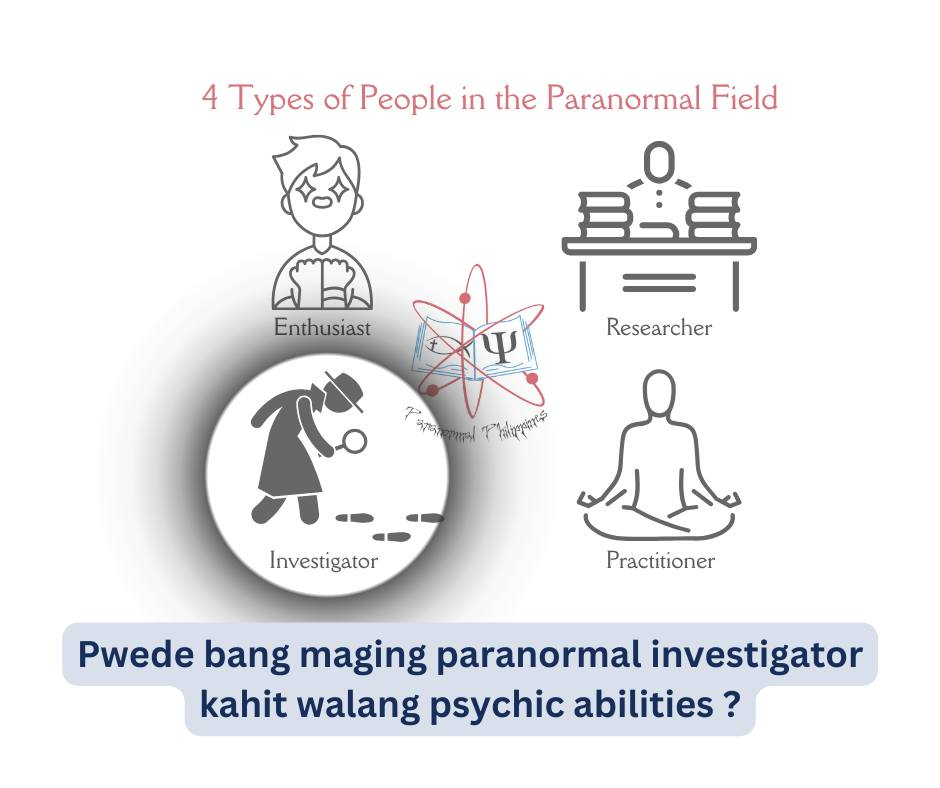Core Thinking Skills in Paranormal Investigation
 🏠 |
🧭 |
🏠 |
🧭 |
Backpack, backpack (2x)
On the backpack loaded up with things and knick-knacks too
Anything that you might need I got inside for you
“If this hypothesis is true, what should I observe?”
This is the scientific method in action.
If you believe a spirit triggered the EMF spike, you should expect other signs: a cold spot, responsive EVP, or repeated activity.
If these signs don’t appear, that hypothesis weakens.
🔍 Used to test — not just trust — ideas.
2. Inference to the Best Explanation (Abductive Reasoning)
“Given all the evidence, what makes the most sense?”
2. Inference to the Best Explanation (Abductive Reasoning)
“Given all the evidence, what makes the most sense?”
This skill helps you weigh all possibilities and choose the most coherent and likely one.
It doesn’t guarantee truth, but it gets you closest.
For example: “Was that voice a ghost, or just the neighbor’s TV?”
🧩 Used to select the most plausible explanation.
3. Bayesian Thinking
“Does this new clue make my hypothesis more or less likely?”
“Does this new clue make my hypothesis more or less likely?”
This is flexible thinking — adjusting your confidence level as evidence comes in.
Even if you can't calculate exact odds, your mind updates intuitively:
“If this door opened by itself during a storm, maybe it wasn’t a ghost after all.”
⚖️ Used to refine beliefs as you investigate.
4. Metacognition
“Am I thinking clearly — or emotionally?”
4. Metacognition
“Am I thinking clearly — or emotionally?”
This is the skill of watching your own mind.
Are you chasing the thrill of a haunting? Or ignoring evidence that doesn’t fit your hopes?
Metacognition helps you stay honest and aware.
🪞 Used to catch bias and stay grounded.
5. Systems Thinking (Causal Mapping)
“How do all the pieces fit together?”
5. Systems Thinking (Causal Mapping)
“How do all the pieces fit together?”
Strange events are rarely caused by just one factor.
This skill helps you see interactions — like how sleep deprivation, flickering lights, and emotional stress might all contribute to a sighting.
🌐 Used to see the big picture and avoid oversimplification.
🧭 Investigator’s Virtues
These traits support all the above:
Intellectual Honesty: Be willing to question your favorite theory.
Epistemic Humility: Accept that you don’t know everything — and never will.
Curiosity Anchored in Structure: Let your wonder guide you, but stay methodical.
🧭 Investigator’s Virtues
These traits support all the above:
Intellectual Honesty: Be willing to question your favorite theory.
Epistemic Humility: Accept that you don’t know everything — and never will.
Curiosity Anchored in Structure: Let your wonder guide you, but stay methodical.




Comments
Post a Comment